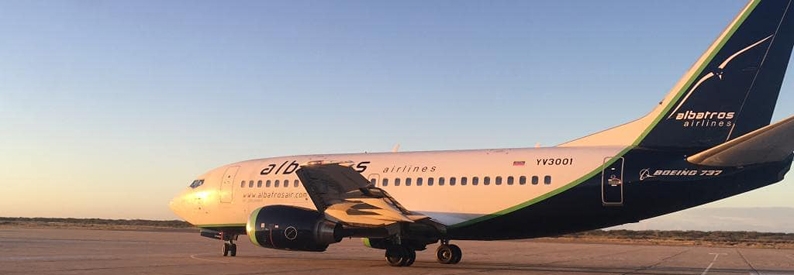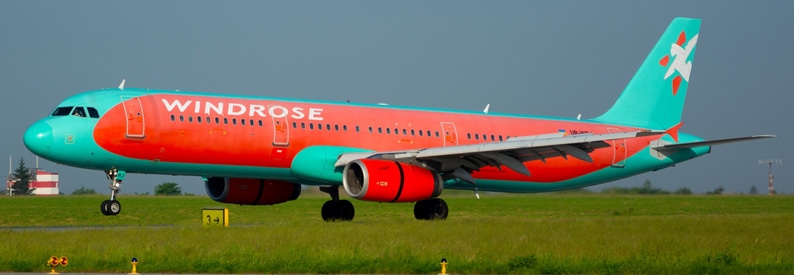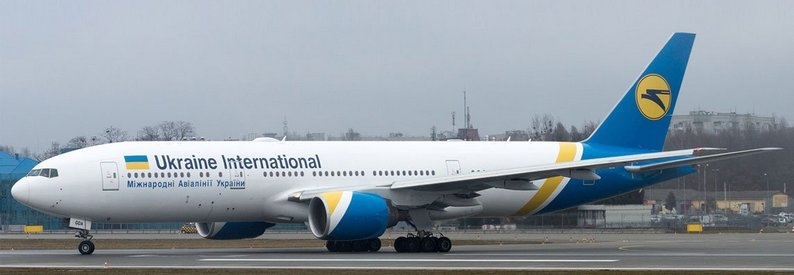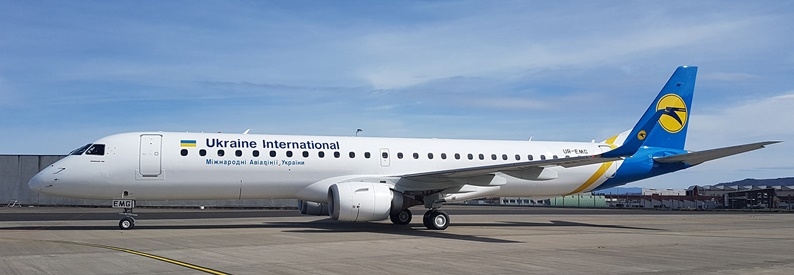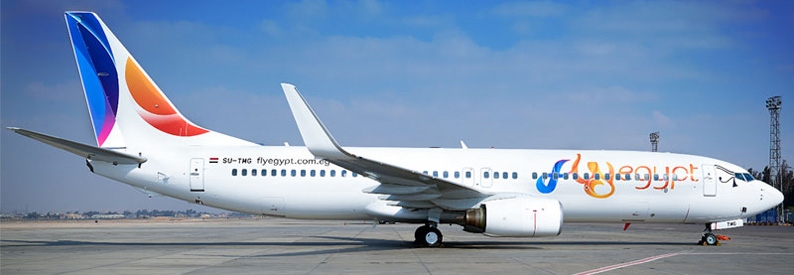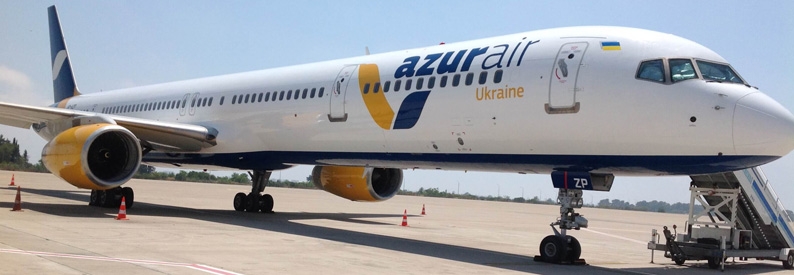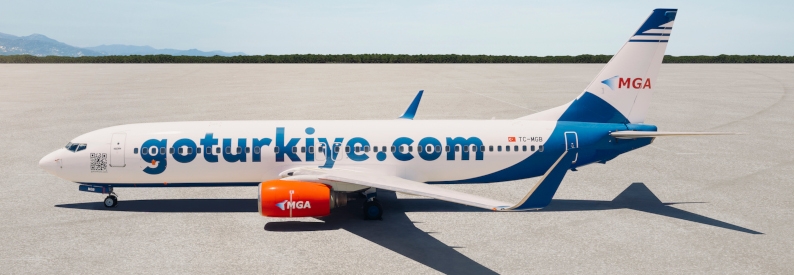An investigation into the cause of the Ukraine International Airlines (UIA) B737-800 crash on January 8 has revealed that the aircraft was "unintentionally" shot down by Iran's Islamic Revolutionary Guards Corps (IRGC). Flight PS752 crashed shortly after take-off from Tehran Imam Khomeini en route to Kyiv Boryspil killing all 176 passengers and crew on board.
Iran's President Hassan Rouhani, posting on Twitter, has described the crash as an "unforgivable mistake" and admitted that the "missiles had been fired due to human error." Iran had previously rejected accusations that it was to blame.
It is understood that the IRGC may have mistaken the jet for a cruise missile. In a statement on January 11, the Iranian military said the B737 had turned towards a "sensitive military area" of the IRGC. It also said that the jet had the "flying posture and altitude of an enemy target."
As a result of the increased tensions with the US, Iran's military "was at its highest level of readiness", the statement added. "In such a condition, because of human error and in an unintentional way, the flight was hit." The airline denies that its aircraft altered its intended course before the missile hit and suggests that given the situation the airport should have been closed.
The downing of the UIA aircraft came just hours after Iran carried out missile strikes on two airbases housing US forces in Iraq. Iran was retaliating for the US killing of Qasem Soleimani, an IRGC general, on January 3.
The Swedish Transport Agency (Transportstyrelsen) has since taken the decision to temporarily suspend IranAir's traffic permit for its services between Sweden and Iran given uncertainty about the safety of civil aviation in Iran, according to a press release on the agency's website.
"We understand that this can create problems for travellers. But passenger safety is paramount and we have therefore decided to temporarily stop flights. We are following the evolution of the civil aviation security situation in Iran and the region," said Gunnar Ljungberg, Director of Maritime and Aviation at the Swedish Transport Agency.
According to the ch-aviation schedules module, Iran Air currently flies to Sweden 3x weekly with its A330-200 equipment, once weekly to Gothenburg Landvetter and 2x weekly to Stockholm Arlanda.
Many airlines, including Vietnam Airlines (VN, Hanoi Noi Bai International), Wizz Air (W6, Budapest), and Turkish Airlines (TK, Istanbul Airport), have cancelled services or altered their flight paths between Europe and Southeast Asia during the recent unrest in the Middle East.

